What happened in Lebanon?
The recent explosions of pagers and radios in Lebanon should raise serious concerns for ham radio operators worldwide. These attacks, which primarily affected handheld communication devices used by Hezbollah, have significant implications for the safety and security of radio operators, especially in conflict-prone areas. The devices targeted were widely adopted by Hezbollah following concerns about digital interception, prompting a switch from smartphones to more analog communication methods like pagers and radios(Wikipedia)(Connecticut Public).
The fact that these explosions were remotely triggered highlights vulnerabilities in radio communications, a point of concern for ham operators who rely on similar technology. The incident demonstrates how even low-tech devices can become targets in conflicts when used for sensitive communications. The specific targeting of walkie-talkies and pagers—equipment that many amateur radio operators use—raises questions about device security, the potential for interception, and the risks of operating in contested areas where technology might be compromised.
For ham radio operators, the event serves as a reminder of the importance of securing communications and staying aware of geopolitical factors that might impact radio frequencies and technologies. Furthermore, it highlights the increasing sophistication of electronic warfare and its potential impact on civilian communication networks.
This event also reinforces the critical role radio operators play in emergency communications and raises concerns about whether similar tactics could be used to disrupt vital communication lines during crises, making it even more crucial to invest in secure and robust equipment.


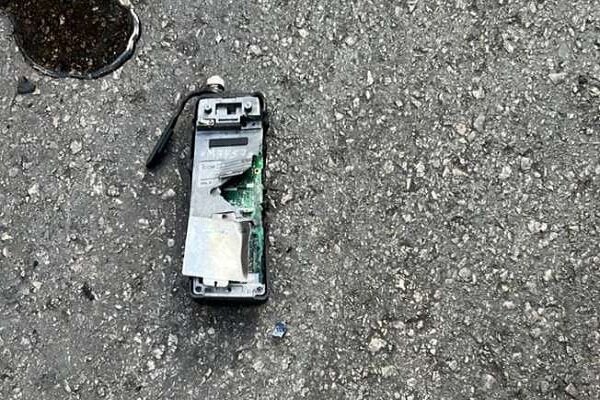
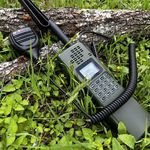



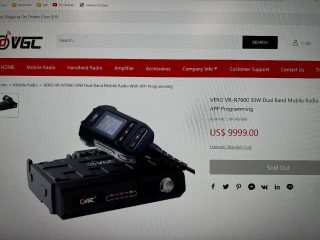


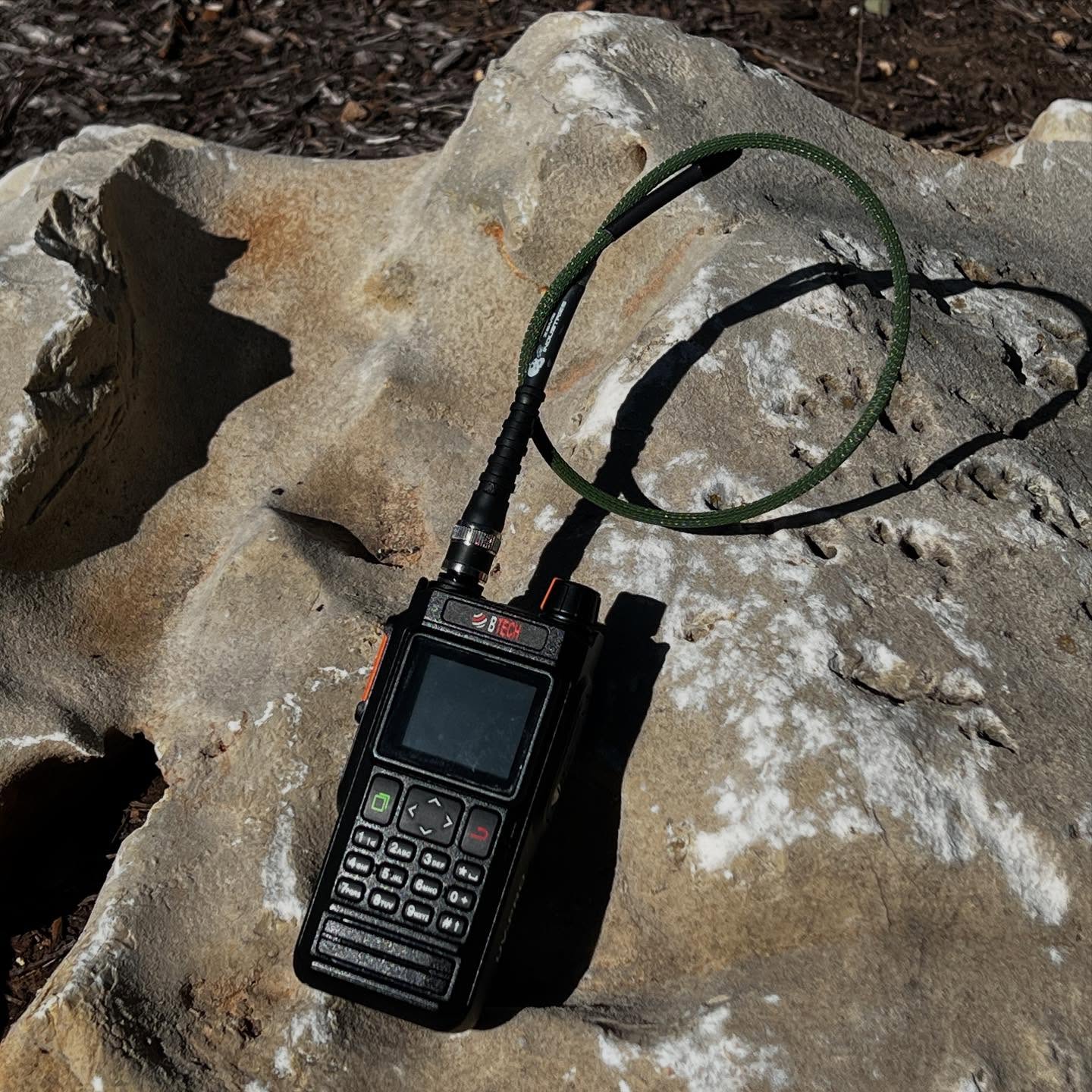
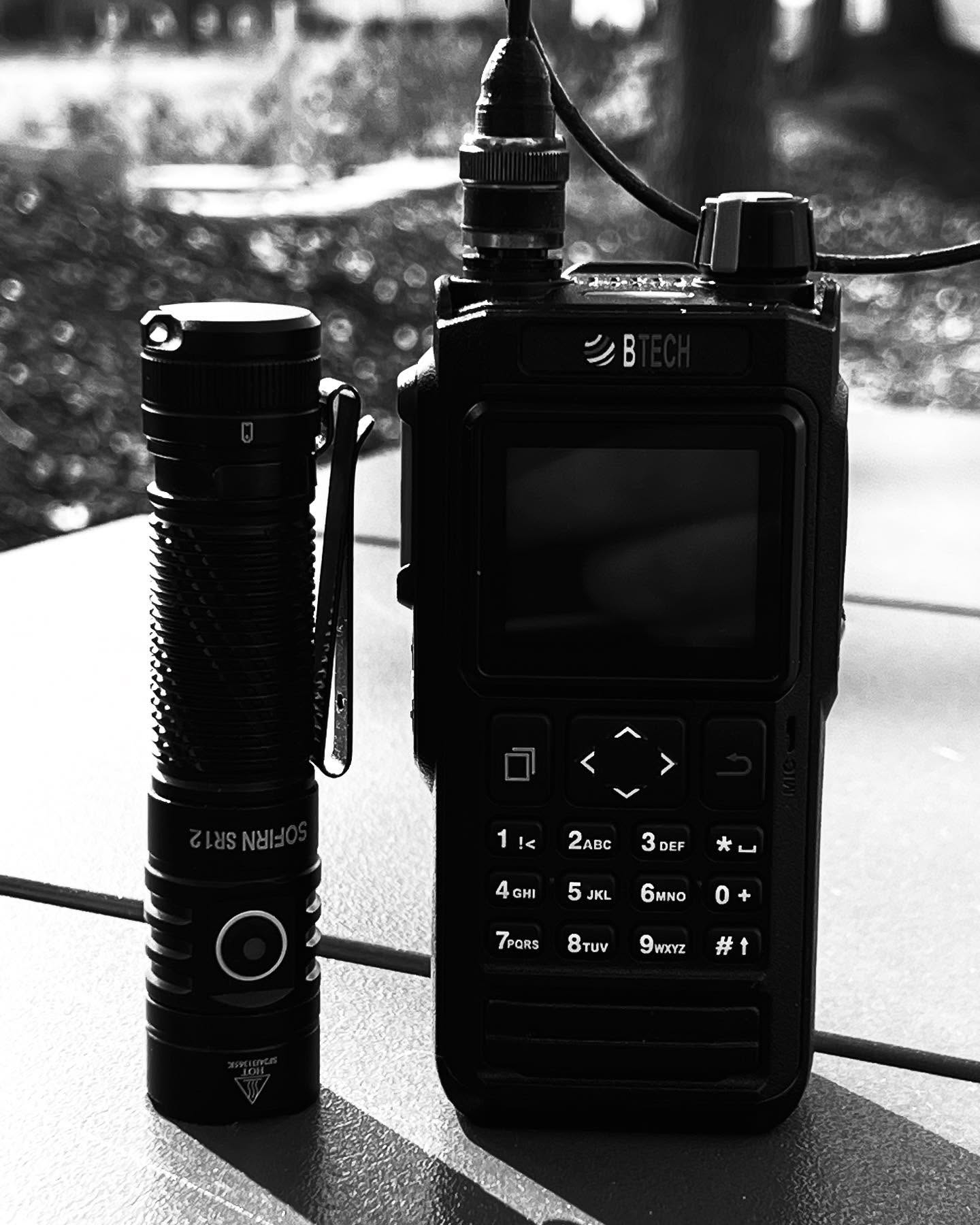



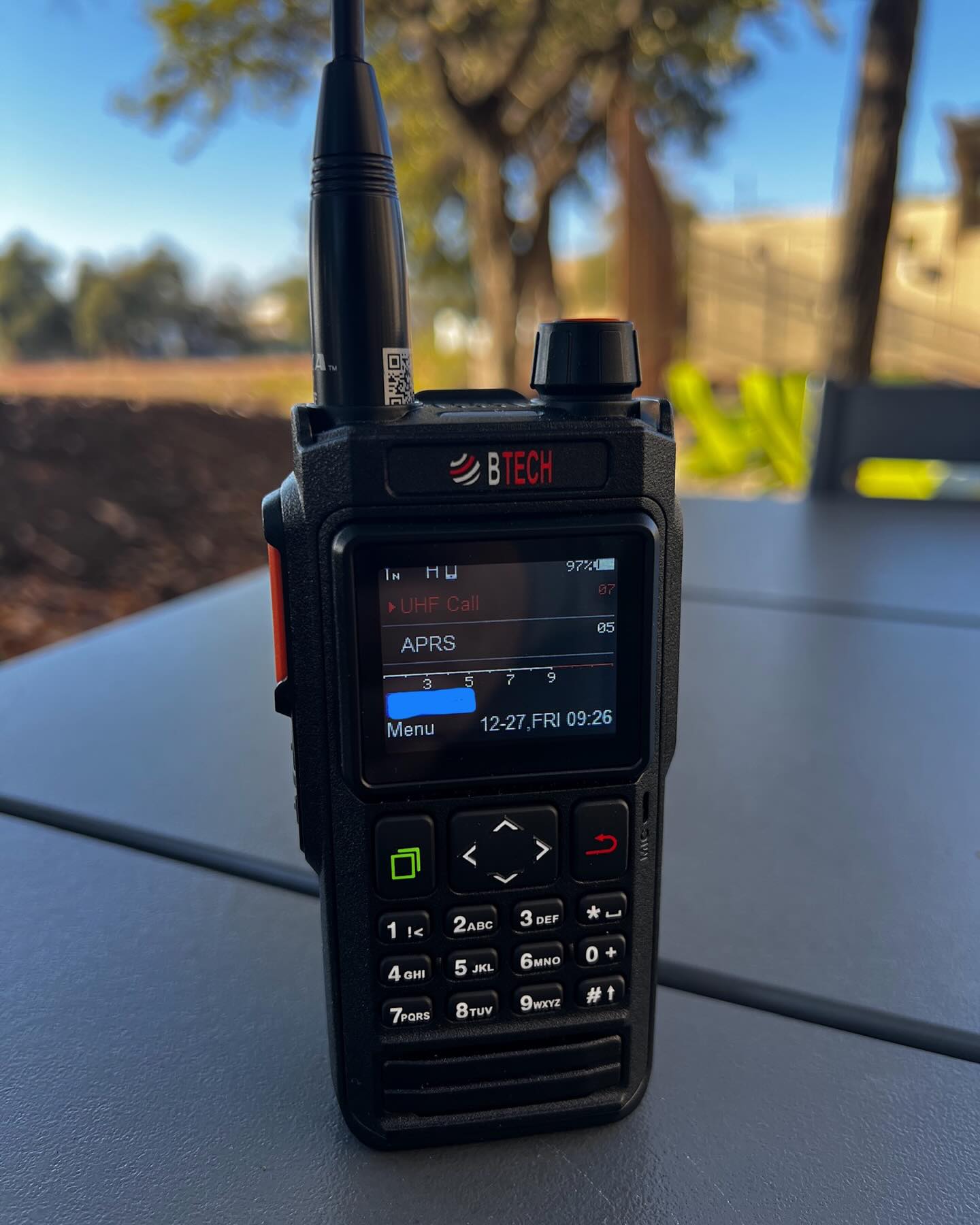


Leave a Reply